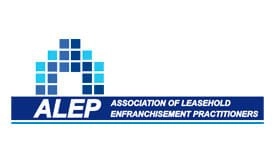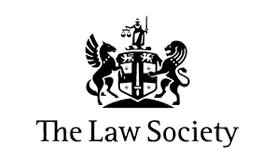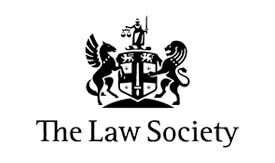The terms ‘without prejudice’ and ‘subject to contract’ are commonly used by parties during settlement negotiations.
What does ‘without prejudice’ mean?
‘Without prejudice’ is a legal term which is often used during negotiations to imply that any liability or fault cannot be attached to a statement or a proposed offer. Using the term means that the statement or offer cannot be used as evidence in court if a settlement cannot be reached. Any form of communication, be it emails, letters, telephone calls or meetings can be classed as without prejudice.
There is no rule of where the ‘without prejudice’ label should be but the common perception is that the label should be at the top of the document or in the subject line.
What is the purpose of the ‘without prejudice’ label?
The theory of using the term ‘without prejudice’ is to help parties enter into settlement discussions openly and freely without the fear of knowing what they say can be used against them in future litigation or in court if a settlement does not materialise.
The ‘without prejudice’ rule only applies if there is an existing dispute, but it only applies in a dispute when the communication is a genuine attempt to settle the dispute. Communications in a dispute such as simply outlining a party’s position or criticising the other party’s position would not be deemed to be eligible for the ‘without prejudice’ rule.
The limitations of the ‘without prejudice’ rule
There can be instances where communication labelled as ‘without prejudice’ can be used in court. Using the label ‘without prejudice’ does not determine whether the rule will apply but it can be helpful in court to determine the intention of a communication so it is advisable to use the label if in doubt or where there is a chance the dispute leads to litigation.
If the communication is not a genuine attempt to settle a dispute, then it will not be subject to the ‘without prejudice’ rule and therefore can be used as evidence in court, even if the label is on the communication.
If you make a genuine attempt to settle a dispute but did not include the ‘without prejudice’ label then you may still benefit from the ‘without prejudice’ rule the conduct of all parties indicate that the document or communication was intended to be ‘without prejudice’.
The court has the power to determine whether the ‘without prejudice’ rule applies to certain communication. The court needs to consider the intention of the communication and how that intention would have been communicated or understood by the recipient. It is the content of the document or communications that is the determining factor of whether the ‘without prejudice’ rule should apply.
If it is found that a party has committed perjury, blackmail or other forms of unambiguous impropriety, then the ‘without prejudice’ rule would not apply even if the communication was labelled with ‘without prejudice’ and it would be admissible in court.
What does ‘subject to contract’ mean?
Using the label ‘subject to contract’ during settlement negotiations means that neither party can be legally bound to their word unless a formal agreement has been reached or until a formal contract has been signed.
When making an offer and not using the ‘subject to contract’ label during negotiations, this may result in unintentional formation of a contract. This is particularly the case where there is no reference to further terms to be negotiated and agreed, and the other party accepts the offer.
However, it needs to be noted that the label is not definitive. If negotiations do not prove to be futile and the dispute goes to the court, then the court will assess the facts and look from the perspective of a reasonable person as to whether the statements are legally binding.
When the contract has been agreed, it may be prudent to include a clause in the contract stating that all pre-contractual communications are not legally binding except for the clauses in the final agreed contract. This is commonly known as an Entire Agreement clause.
It is important to understand the terms ‘without prejudice’ and ‘subject to contract’ and their implications during settlement negotiations, as they can significantly impact the outcome of the dispute resolution process. Failure to use the labels can prove fatal to a case, in terms of costs and outcome, particularly if negotiations break down and the dispute goes to the court.
Contract Dispute Advice
Monarch Solicitors specialist Contract Dispute Solicitors provide a tailor-made approach to your needs and can assist with contract related issues. Please get in touch with us by either calling 0330 127 8888 or emailing enquiries@monarchsolicitors.com for an initial consultation.
Monarch Solicitors is a leading UK law firm with solicitors ready to offer their expertise. Our award-winning Manchester solicitors, London solicitors and Birmingham solicitors offer their legal expertise nationally and internationally.










